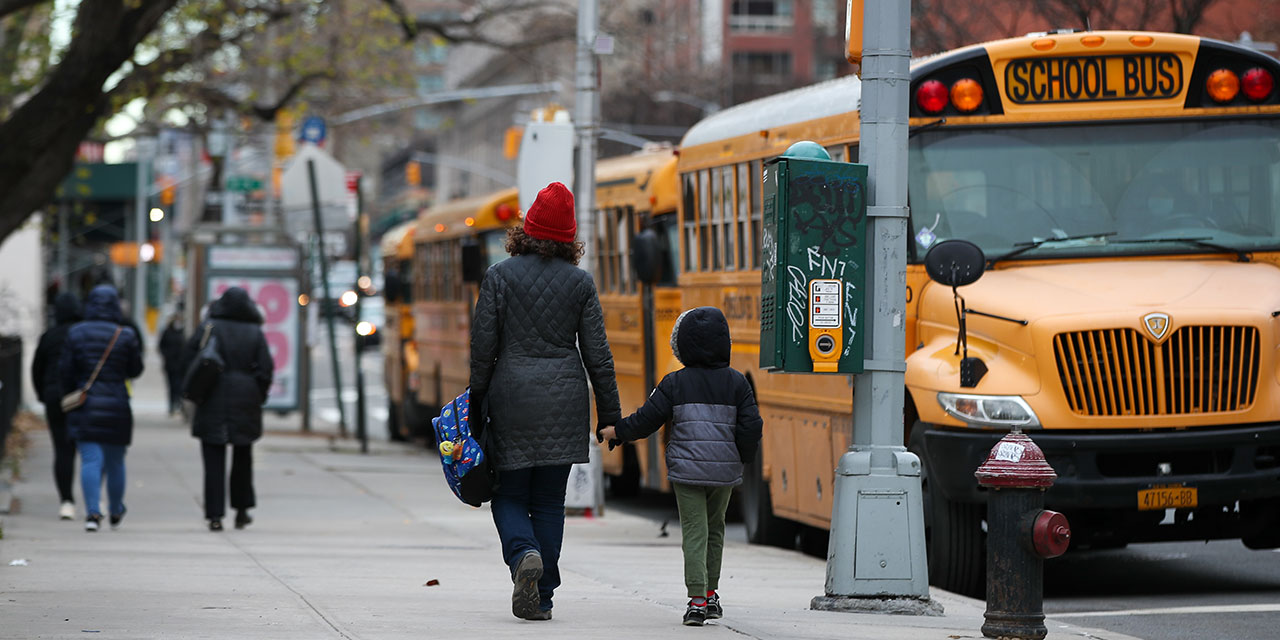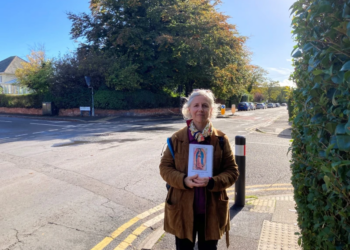
Last week, New York City Schools Chancellor Melissa Aviles Ramos announced her first major initiative: NYCPS Cares, which will train parent volunteers to offer support to families and students through city agencies, as well as launch student-led campaigns addressing mental health issues.
The initiative comes six months after Ramos took the reins of the country’s largest and most expensive urban school system. That system faces myriad challenges—record learning loss, declining enrollment, and alarming levels of chronic absenteeism. One would hope that Ramos would attend first to these pressing issues. Unfortunately, she is prioritizing feel-good initiatives and union interests, not what’s best for students.
Finally, a reason to check your email.
Sign up for our free newsletter today.
In introducing NYCPS Cares, Ramos barely mentioned academic priorities. “We have enough going on instructionally in our schools,” she said, listing initiatives already in place but showing no concrete results. Instead of academics, Ramos will focus on “a student-led anti-bullying and anti-vaping campaign” and on the Family Connectors initiative, which will link families with city agencies that offer housing, health, and other services.
Such programs have questionable track records. Family Connectors looks a lot like Mayor Bill de Blasio’s 2014 Renewal Schools program, which invested $600 million in 94 low-performing schools to link students with agencies and nonprofits providing social services such as mental-health counseling and dental clinics. In 2018, then-chancellor Richard A. Carranza acknowledged that the program lacked “a very concrete theory of action.” Yet it shambled along for another four years without any results to show, as Ray Domanico has reported.
Ramos and colleagues also heaped praise on teachers’ unions. “Great things happen when we work with our unions,” the chancellor enthused, paying tribute to Randi Weingarten, the controversial president of the American Federation of Teachers. Kristy de la Cruz, community superintendent of District 4 (which covers East Harlem), encouraged the audience to “make a lot of noise” to welcome Michael Mulgrew, president of the United Federation of Teachers.
These unions have hardly been friends of New York’s children. They went on what could be considered a kind of strike during the pandemic, closing New York City schools for 18 months. Their demands forced students to eat lunch outside in freezing temperatures. And they used children’s education as a bargaining chip to secure $190 billion from the federal government to reopen schools.
New York City kids deserve better. They need a chancellor who emphasizes teaching students to read, write, and do math at grade level—especially the 40 percent of New York kindergartners chronically absent and at risk of not learning to read. They need a chancellor who ensures that the nearly $37,000 that the city spends per pupil produces real results. And they need a chancellor with an agenda grounded in research and proven strategies—not, as Ramos puts it, in “lived experience.”
In this year’s mayoral elections, New Yorkers have a chance to make changes. Let’s hope the next mayor selects a schools chancellor who puts students first, not unions and nonprofits.
Photo by Tayfun Coskun/Anadolu Agency via Getty Images
City Journal is a publication of the Manhattan Institute for Policy Research (MI), a leading free-market think tank. Are you interested in supporting the magazine? As a 501(c)(3) nonprofit, donations in support of MI and City Journal are fully tax-deductible as provided by law (EIN #13-2912529).
Source link

















